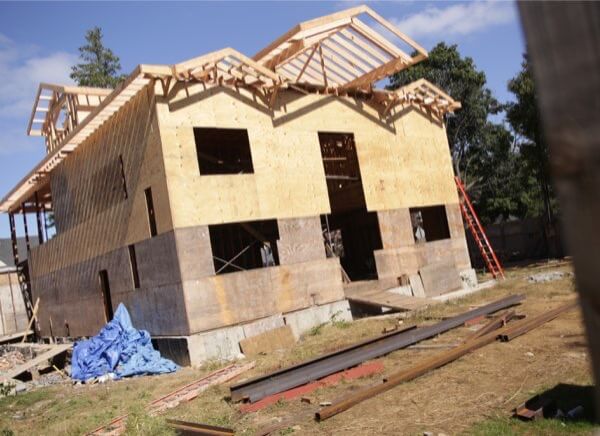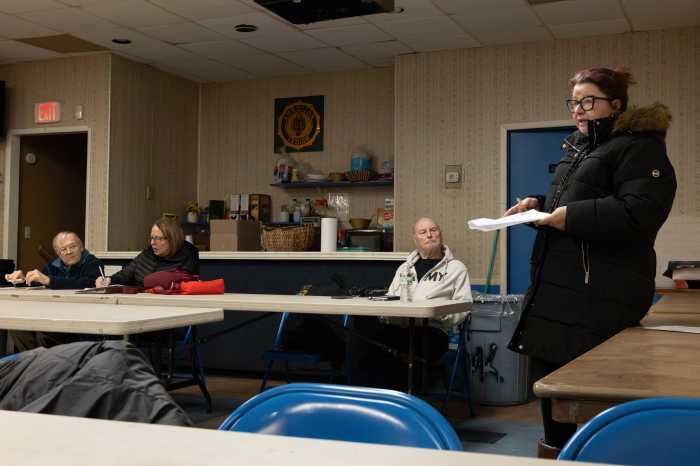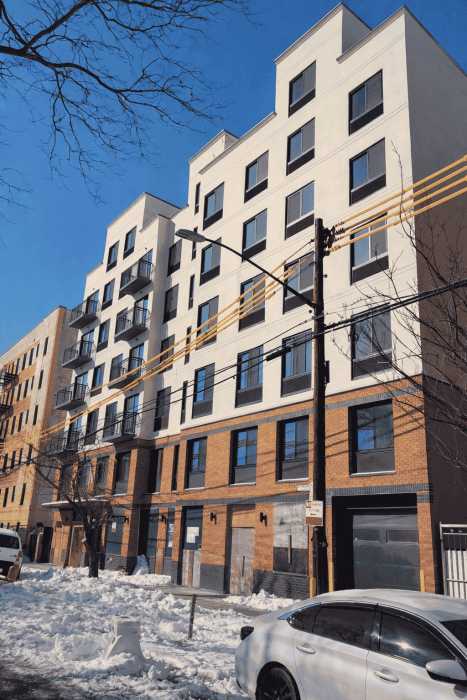By Mark Hallum
City Councilman Paul Vallone (D-Bayside) introduced legislation Tuesday to address the “limbo” period between the issuance of a notice to revoke on a construction site and the point at which the permits are officially revoked.
Typically issued to property owners or contractors when concerns about zoning or permit violations are raised, the notice to revoke is often seen as a period in which as much work as can be done will take place until the permits are officially revoked. Once the notice is issued, there is a 10- to 15-day period in which the owners are required to answer objections. During this time, work is allowed to continue as usual.
By requiring the city Department of Buildings to issue a stop work order paired with a notice to revoke, Vallone’s bill would enable the city to ensure safety procedures as well as zoning laws are followed during the time owners are answering objections.
“When the DOB issues a notice to revoke, the concerns should be more than enough to warrant a stop work order, especially when a property owner or contractor has a history of violations,” Vallone said. “What good is a notice to revoke if it has no teeth? Without a stop work order, a notice to revoke is really just a notice to finish your work as soon as possible before the DOB can act. The blatant disregard of construction permit requirements and deliberate over-development will never be solved unless we give the DOB the tools they need to combat it.”
The bill comes following the destruction of a house considered by some to be an unofficial Bayside landmark.
The house formerly owned by federal Judge Nicholas Garaufis at 218-15 40th Ave. is believed to have been built circa 1890 and was the one of the personal residences of the Lawrence family, influential members of the early Bayside community. A study conducted by Bayside Historical Society Treasurer Paul Graziano found the Lawrence Estate eligible for the National and State Register of Historic Places. This recognition, however, carries no protection from demolition or alteration.
In April, the new owner of the house began work that far exceeded the scope of the Alt-1 permits, which required 50 percent of the structure to be retained. Controversy about the house began to swirl after neighbor Bonnie Skala Kiladitis noticed the renovations to the four-story house taking a turn for the extreme. The community watched in dismay as the three-story structure was reduced nearly to the foundations.
Kiladitis, in keeping with her father Frank Skala’s legacy of neighborhood activism, appealed to Vallone and other elected officials, who wrote a letter to the DOB requesting that it investigate the matter and levy fines to the strictest degree.
A notice to revoke was issued on the property later that month, but it was not until August that the site received a stop work order.
“You know it really gets me, because they know what they are doing when they tear down too much of a house and won’t keep with the plans. I get tired of people being able to do this and the [DOB] does nothing,” Richard Doyle, a nearby resident said.
The owners of the property were eventually able to receive a new alteration permit and work continues at the site.
Reach reporter Mark Hallum by e-mail at mhall

































